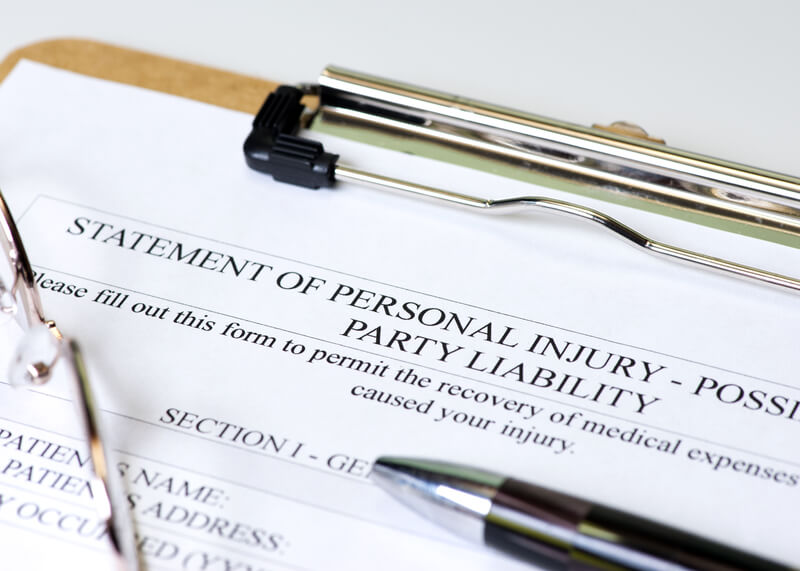Quality and patient safety are top priorities for many hospitals and healthcare providers, but that doesn’t mean errors don’t sometimes happen. Humans make mistakes—whether it’s because they’re tired, distracted, or stretched too thin on the job.
But what about when an error causes an injury, especially a serious one? If it’s determined the provider failed to meet an expected standard of care and was negligent in treatment in a manner that led to the injury, it may be considered medical malpractice. As you can imagine, that’s often a tricky sequence of events to prove, especially in a field as subjective as medicine. Below, we’ve rounded up a few of the most common misunderstandings we’ve come across as medical malpractice attorneys.
Myth: Any bad healthcare outcome means you have a suit
Medical malpractice isn’t a catchall for every less-than-ideal healthcare outcome. In order to establish medical malpractice, your injury has to be the direct result of the provider’s negligence, whether in diagnosing, treatment, or follow-up care. Also, from a practical perspective, medical malpractice claims are expensive and time-consuming. That’s why you’ll usually only see suits involving serious injuries or death.
Myth: It’s best to settle with an insurance company right away
When you pursue a medical malpractice claim, you’re actually going up against the provider’s insurance company—not the individual provider or healthcare system. Sometimes, the insurance company will offer a low-ball settlement early on, hoping you’ll accept it before the full extent of your medical complications or injuries is understood. An experienced medical malpractice attorney can help not only evaluate your case’s potential for success but give you a better sense of what your injuries are worth.
Myth: Medical Malpractice won’t happen to me
Medical malpractice doesn’t have to be a news-magazine level horror story—think of an instrument left behind during surgery. It can be misread results, incorrect dosing of a potent drug, or failure to order testing. It can happen when a provider fails to look at the bigger picture, coordinate care, or truly listen to the patient. So be your own best advocate. Don’t be afraid to seek a second opinion. Speak up, ask questions, and tell someone when something’s not right. If you’re seriously ill or undergoing surgery, bring a friend or family member who will do that job for you.
Medical Malpractice Attorneys Atlanta
If you believe you’ve been injured because of a healthcare provider’s negligence, you’ll want to speak to a medical malpractice lawyer to discuss your case. Contact Litner + Deganian for a free consultation at our office, conveniently located in Druid Hills near Emory and Decatur.












